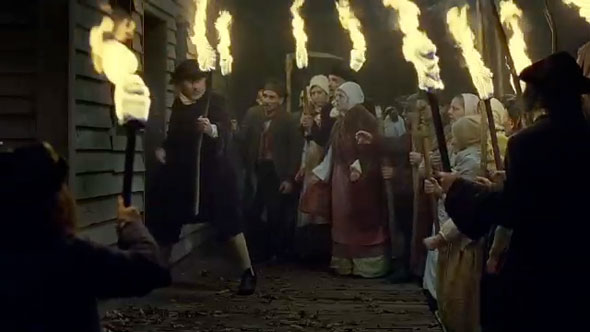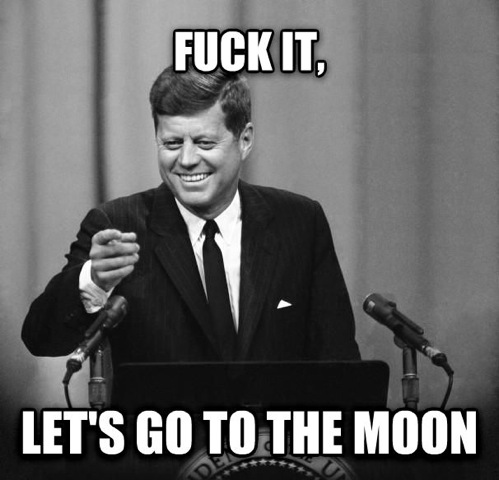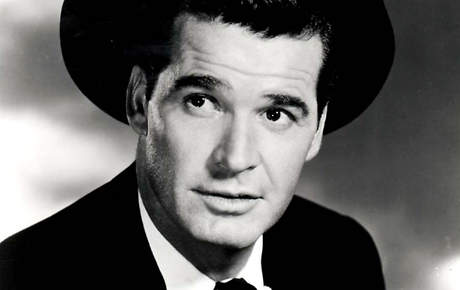 “The correspondence is intimate and frank — and perhaps the most sexually explicit ever by an American president. Even in the age of Anthony Weiner sexts and John Edwards revelations, it still has the power to astonish. In 106 letters, many written on official Senate stationery, Harding alternates between Victorian declarations of love and unabashedly carnal descriptions.”
“The correspondence is intimate and frank — and perhaps the most sexually explicit ever by an American president. Even in the age of Anthony Weiner sexts and John Edwards revelations, it still has the power to astonish. In 106 letters, many written on official Senate stationery, Harding alternates between Victorian declarations of love and unabashedly carnal descriptions.”
The NYT publishes excerpts from the recently-unearthed love letters of Warren G. Harding, obviously a big character in my dissertation. “The president often wrote in code, in case the letters were discovered, referring to his penis as Jerry and devising nicknames, like Mrs. Pouterson, for Phillips.”
Oof. Poor guy. Politics, scandals and Teapot Dome aside, Harding was an eminently likable fellow, with a keen sense of his own limitations. It’s hard not to feel embarrassed for him, even 90 years later, that these are now out there among the public.
The silver lining for the Hardings, I suppose, is that at least Mencken never got his hands on these. Suffice to say, he was no fan of the president’s prose. “H]e writes the worst English I have ever encountered. It reminds me of a string of wet sponges; it reminds me of tattered washing on the line; it reminds me of stale bean soup, of college yells, of dogs barking idiotically through endless nights. It is so bad that a sort of grandeur creeps into it.”









